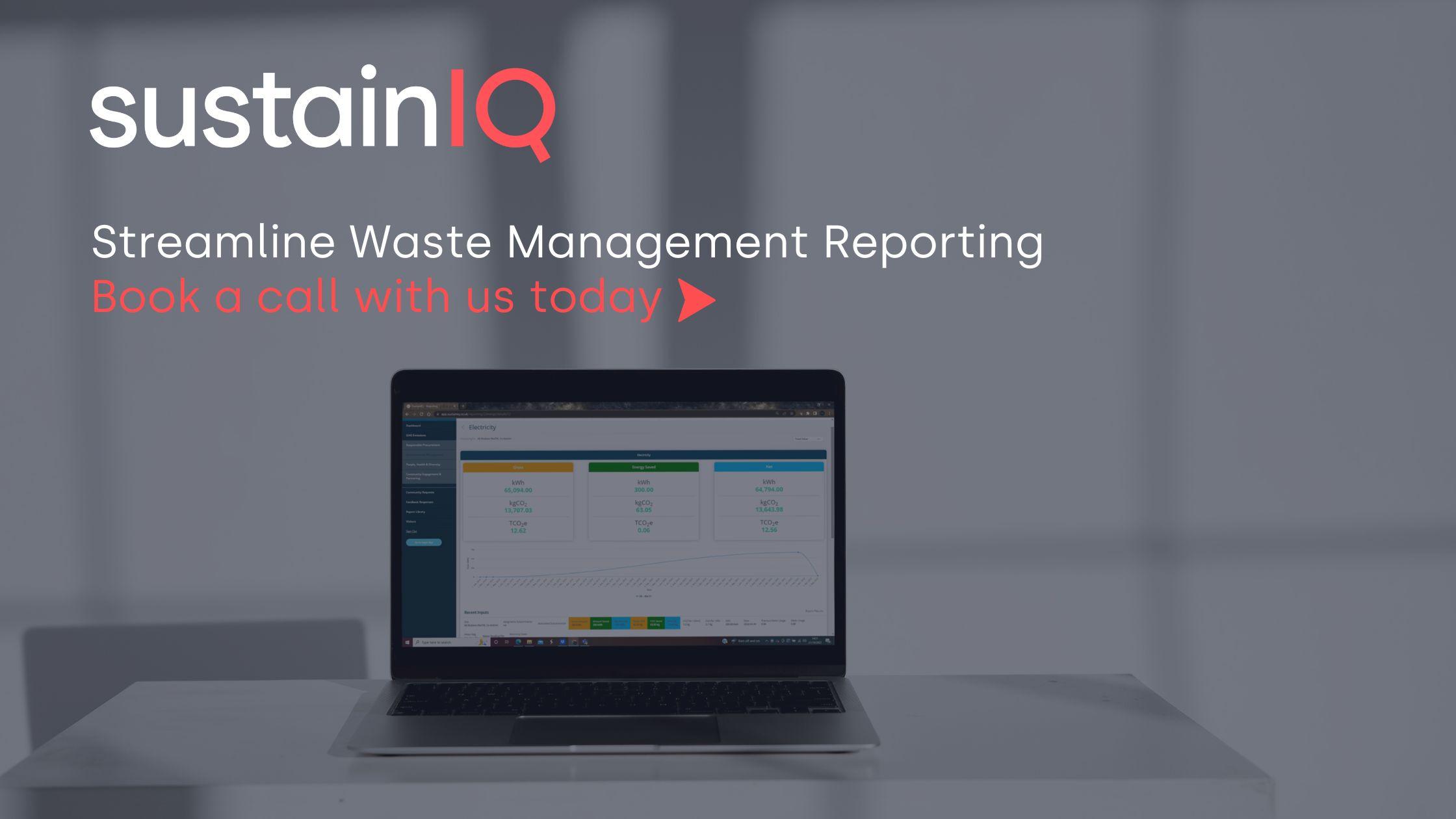Mar 06, 2023 | CONAL LOVE
Waste management is a critical compliance challenge for business. With increasing global awareness of environmental issues, it’s more important now than ever that businesses take responsibility for their waste management practices.
Despite that, waste crime costs the UK economy an estimated £1bn per year. Waste crime occurs when businesses conduct illegal dumping, damaging the environment by depositing hazardous waste in illegal locations. Not all waste crime is intentional and a key challenge for companies is keeping abreast of legislation and ensuring their processes support compliance.
For construction in particular, poor waste management can carry massive organisational risks. Non-compliance with legislation can lead to legal, financial, and reputational damage that carry long-lasting, and sometimes irreversible, impacts.
What regulation exists?
In the UK, the Environment Agency is the primary regulatory body responsible for waste management enforcements. There are two key pieces of legislation:
To obtain waste permits and licences, it’s a legal requirement for construction companies to comply with these regulations. Failure to do so can result in fines, as well as the possibility of a removal of a licence.

What are the risks of non-compliance?
If a fine or prosecution is raised against a company, it could lead to removal of a licence, meaning the company can no longer handle waste processes, which in turn can lead to commercial impacts.
Moreover, with environmental and social clauses becoming more prominent in public procurement, a prosecution or fine for waste management non-compliance could lead to ineligibility for all future public tenders.
In recent years, 68% of contractors have reported increasing stakeholder demands for sustainable construction methods. A waste fine or prosecution is in direct opposition of those demands, and so the reputational damage would directly impact the bottom line of a construction business.
How can I mitigate the risk?
To mitigate the risk, you’ll want to:
- Maintain audit trails of all waste transfer notes (WTNs) on a central database
- Ensure all waste from your operations is monitored – track what is being wasted, when, why and where it ends up
- Partner with responsible waste facilities partners with high recycle rates to maximise diversion rates from landfill
- Eliminate waste where possible and shift toward circular waste management processes
If implementing a circular economy is of interest, read our blog on that here!
How does SustainIQ help?
SustainIQ provides users with complete end-to-end waste management data reporting.
What does that mean?
Our software helps companies resolve waste compliance challenges by:
- Providing a set methodology for Site Waste Management plans
- Centralising and holding all WTNs in one place, ensuring a complete audit trail is always available
- Tracking waste diversion, waste material breakdowns and total waste reporting on the analytics dashboard
- Showing breakdowns for individual sites and company-level reporting
- Offering waste forecast capabilities for a site or company level
- Providing waste targets capability at site, company, and material-specific level
- Offering comparative reporting against forecast and actual waste
- Alerting users when targets are off-track, via our smart-informing system
Using SustainIQ for waste management takes away the complexity of handling massive amounts of paperwork, meeting deadlines and staying on track with all aspects of compliance.
By ensuring all waste that is generated is logged on the system when it occurs, you can be rest-assured that you have data to uphold transparency, and prove your commitments to being a responsible contractor.

Can I use that data commercially?
Of course.
When a site is completed, data can be used against BREEAM credits, in Considerate Constructor Scheme (CCS) audits and to evidence environmental commitments in bids and tenders.
Ultimately, you can leverage sustainability information to stand out from the crowd, and differentiate your business, helping you improve your reputation, win more business and eliminate the risks associated with waste non-compliance and waste crime.
Conclusion
Waste management and waste crime is a critical issue for construction businesses. Despite the risks however, opportunities exist to ensure your business is a leader in waste management excellence. By leveraging accurate sustainability data, you can stand out from the crowd and ensure you are seen as a transparent, responsible contractor that is leading the way for industry.
Related blogs

Waste management and waste crime is a critical issue for construction businesses. Despite the risks however, opportunities exist to ensure your business is a leader in waste management excellence. By leveraging accurate sustainability data, you can stand out from the crowd and ensure you are seen as a transparent, responsible contractor that is leading the way for industry.
